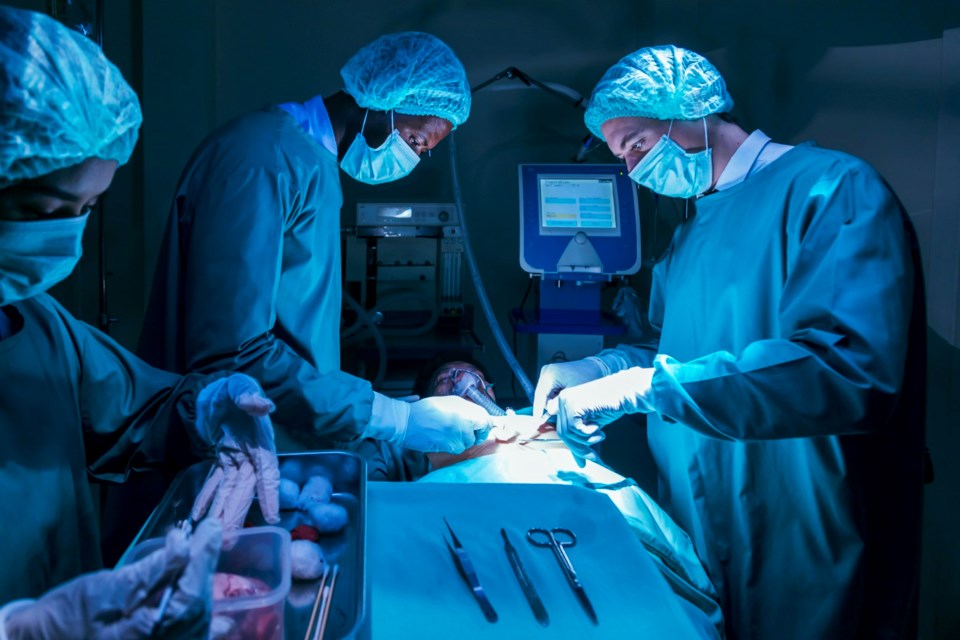It was an announcement through a Government of Saskatchewan news release that would be easy to miss because of the early summer timing when so many of us are on vacation.
But it was definitely worthy of our attention.
The provincial government said Saskatchewan had record-high numbers of organ and tissue donations. From April 1, 2022-March 31, 2023, there were 46 adult kidney transplants, the second highest ever to be performed.
There were also 276 patients who donated ocular tissue, which helps to enhance sight.
These two numbers should be viewed as encouraging signs.
We are a province with a well-earned reputation for generosity and volunteering. Yet when it comes to organ and tissue donation, we have often lagged behind other provinces, for whatever reason. It's not because we're selfish or we don't know the value of organ and tissue donation. There have been many articles and campaigns about the need for donors.
So, when we see stats that show we had higher numbers of transplants, it should bring a measure of satisfaction. Not necessarily celebration or joy; we have to remember that these donations often occur after someone has died. Some occur while the donor is alive, but others cannot.
And it's not always an easy conversation. A discussion about organ donation becomes a reminder of death, and that's a taboo topic for many of all ages.
We've had those times in which something has happened to cause a sudden surge in the number of donors, such as the Humboldt Broncos bus tragedy. We marvelled at the story of Logan Boulet, one of the players who died in the collision. Boulet had just committed to being an organ donor, and his parents offered to donate his organs so that the lives of six people, almost certainly total strangers, could be saved.
After Boulet's story hit the news, we had a surge in the number of donors. It was a reminder for those who had been thinking about organ donation that they needed to take action. And it inspired others who hadn't given it serious thought that they should become a donor.
Even Sports Illustrated wrote a cover article on the Logan Boulet Effect to mark the one-year anniversary of the collision.
But as time has worn on, our attention has drifted elsewhere, and we've had other issues in the news. Organ donation has shifted to the backburner. Every once in a while, something will come along, such as the government's news release last week, and we'll think of organ and tissue donation once again, and hopefully, a few people will register. But then our thoughts will turn to more pressing things.
The government news release noted that studies show 90 per cent of Canadians support organ and tissue donations, but only 32 per cent have registered. That's a pretty believable number.
You can't make it mandatory. There are those who for various reasons, such as religious beliefs, don't support such donations. But the time is overdue to make it an opt-out, rather than an opt-in proposition.
If you don't want to be a donor, then you could go through the process of declaring your desire. If you want to donate, well then you don't have to do anything once you are of a certain age.
Not everyone who wants to be a donor will actually be able to, for a variety of reasons. We have a long list of people waiting for a transplant, who can use it to extend their lives.
Making it easier to be a donor is better for Saskatchewan.
Until it becomes an opt-out decision – which might never happen – we need as many people as possible to take the time to register to be a donor.




